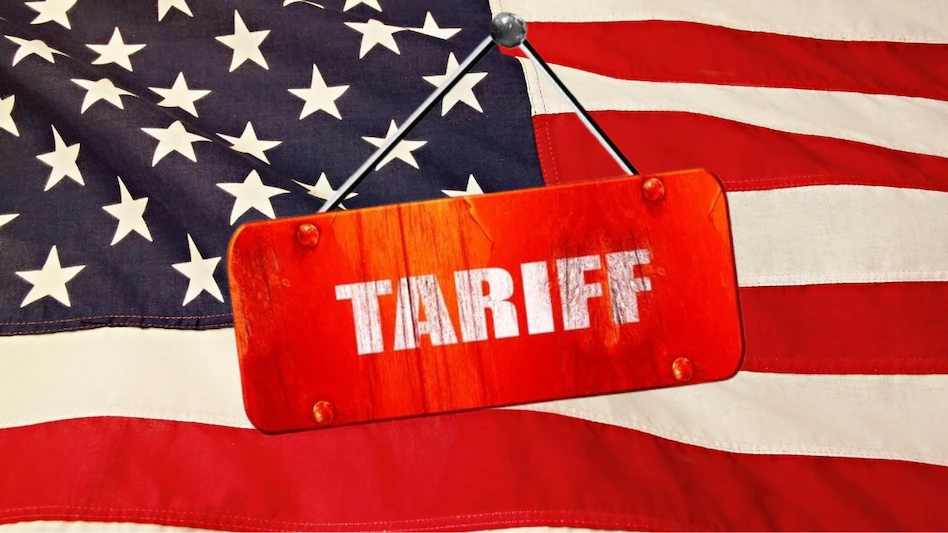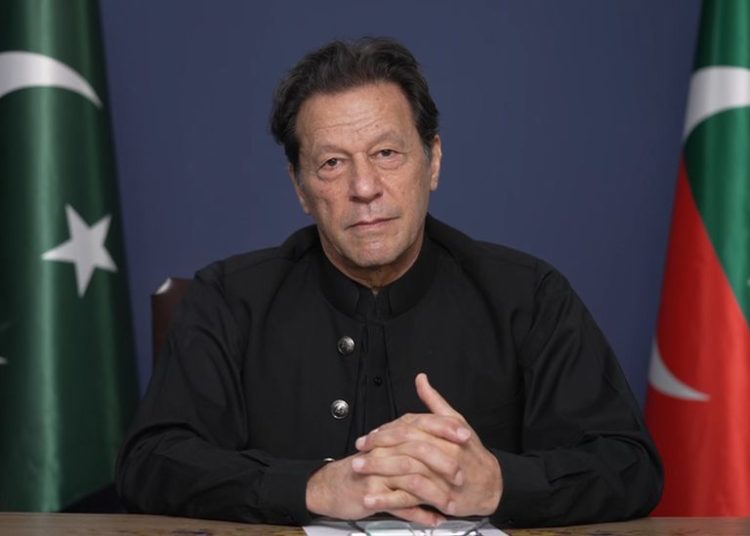In the coming fortnight, a Pakistani delegation is set to travel to the United States to engage in discussions concerning the recently imposed tariffs by President Donald Trump. The primary objective of this mission is to explore avenues for increasing U.S. imports into Pakistan, aiming to alleviate concerns over the existing trade imbalance.
President Trump has enacted a 10% baseline tariff on all imports into the U.S., with additional duties targeting several countries, including Pakistan. Specifically, a 29% tariff has been levied on Pakistani goods, justified by the U.S. administration on the grounds that Pakistan imposes a 58% tariff on American imports.
To address this issue, Prime Minister Shehbaz Sharif convened a meeting on Wednesday to deliberate on Pakistan’s response strategy. The Prime Minister’s office announced that a high-level delegation would be dispatched to Washington for negotiations, aiming to establish a mutually beneficial resolution. The delegation’s departure is tentatively scheduled for the next two weeks, following Prime Minister Sharif’s visit to Belarus.
Commerce ministry spokesperson Naveed Kallu indicated that multiple proposals are under consideration. A key focus is to present options that would encourage the U.S. to increase exports to Pakistan, thereby addressing the trade deficit. In 2024, the U.S. trade deficit with Pakistan stood at $3 billion, marking a 5.2% increase from the previous year.
Another strategy under review involves implementing reciprocal tariffs on U.S. imports. However, the government is prioritizing diplomatic negotiations to achieve an amicable solution acceptable to both nations.
While it’s premature to fully assess the impact of the new U.S. tariffs on Pakistani exports, Kallu expressed confidence that Pakistan would be less affected compared to its competitors. He noted that Pakistan’s tariffs remain among the lowest, which should mitigate potential adverse effects.
Input from business leaders and exporters has been integral in shaping Pakistan’s approach. Earlier consultations with the commerce minister have led to suggestions such as reducing the trade gap by proposing increased imports of U.S. cotton and petroleum products. This, in exchange for a reassessment of the new tariffs, is among the options being considered.
The All Pakistan Textile Mills Association (APTMA) has recommended pursuing import substitution strategies favoring U.S. products to foster a more balanced trade relationship and potentially ease tariff pressures. They propose that Pakistan increase purchases of U.S. cotton and other commodities, which could serve as leverage in tariff negotiations.
Shahid Sattar, APTMA’s Secretary-General, highlighted that Pakistan’s contribution to the U.S. trade deficit is relatively minor, suggesting room for constructive negotiations. He also pointed out that even a modest reduction in textile exports due to tariffs could result in significant revenue losses.
Regarding rice exports, Faisal Jahangir, Chairman of the Rice Exporters Association of Pakistan (REAP), noted that the U.S. imports rice primarily from Pakistan and India. Given the high safety and compliance standards required, Pakistani rice meets these criteria effectively. He suggested that the new tariff might adversely affect U.S. importers more, as they would face additional costs while still needing to source rice from Pakistan.
In the event that negotiations do not yield favorable outcomes, REAP has proposed the consideration of reciprocal tariffs on U.S. food products. This measure aims to protect Pakistan’s export interests and encourage a more equitable trade environment.
This upcoming visit underscores Pakistan’s commitment to addressing trade challenges proactively and seeking equitable solutions to ensure the continued growth and sustainability of its export sectors.
















